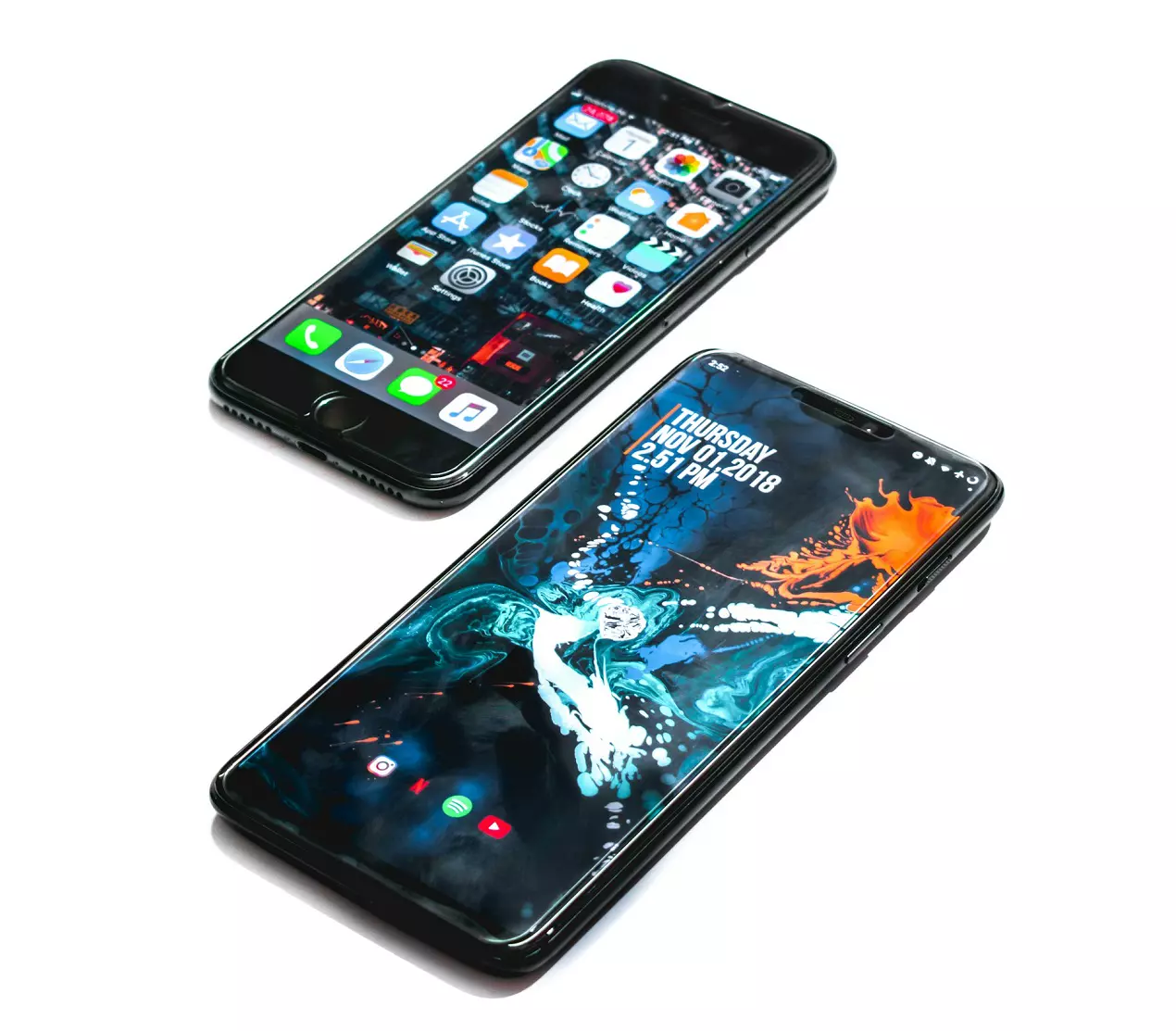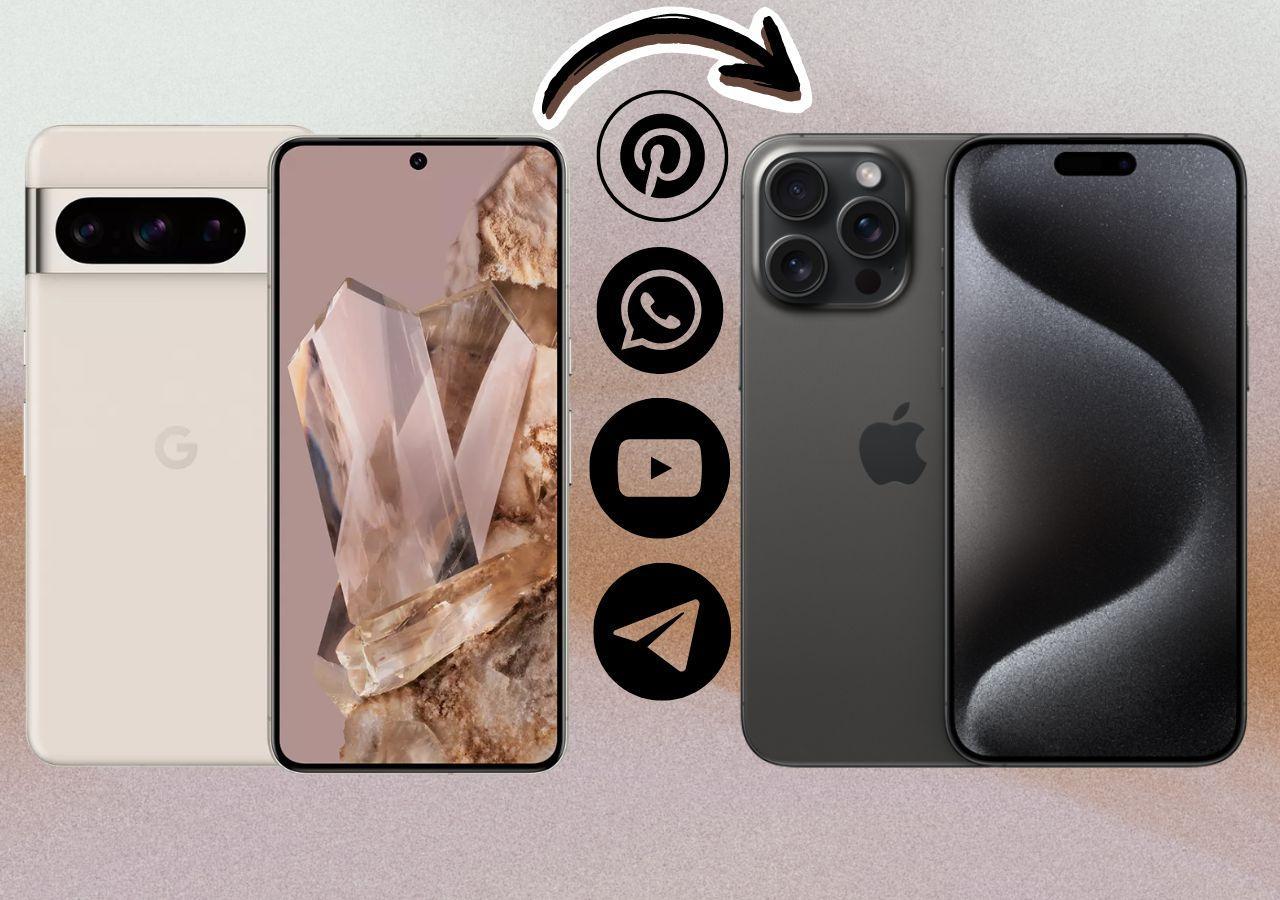iOS and Android Comparison: Which One Should You Buy?
When choosing a new smartphone, the battle often boils down to deciding between an iPhone with iOS and a device running on Android. Both ecosystems have their pros and cons, making the decision somewhat challenging. In a world where online security is more critical than ever, exploring additional measures like using a VPN with a free trial can add a layer of protection regardless of your choice. VPNs, designed to enhance online privacy, can ensure your data remains secure while browsing.
Let’s look into a detailed comparison to help you figure out which one might be the best fit for you.

Hardware Diversity
One of the most significant differences between iOS and Android is the hardware. While iPhones are exclusively manufactured by Apple, Android devices come from many manufacturers, offering a wide range of options in terms of features, sizes, and prices. High-end Android phones can rival the iPhone in quality. Still, many affordable options offer decent performance without breaking the bank. This diversity means that you can find an Android phone that fits your specific needs and budget more easily than you might with an iPhone.
Operating System Updates and Ecosystem
iOS is known for its consistency and smooth integration across Apple’s ecosystem, including Macs, iPads, and Apple Watches. Apple releases updates annually, ensuring that even older iPhone models receive the latest software improvements. On the other hand, Android updates can be irregular, especially on devices from manufacturers who modify the stock Android experience. However, Google’s Android offers more flexibility and customization options, catering to a broader range of preferences and uses.
App Availability and Security
The Apple App Store and Google Play Store offer millions of apps, but the selection process differs. Apple’s strict app vetting process means fewer chances of encountering malware, providing a secure app ecosystem. Android’s more open platform offers a wider variety of apps, including the ability to install from unofficial sources, which can be both a boon and a bane. The freedom comes with increased responsibility to avoid potentially harmful apps.
Pricing: Affordability vs. Premium Experience
iPhones are generally more expensive, reflecting Apple’s positioning as a premium brand. However, Android devices span the entire price spectrum, offering choices for budget-conscious consumers and those looking for high-end devices. Both platforms ‘ payment plans and trade-in offers make premium devices more accessible, but consider the long-term value and your usage needs when deciding.
Security and Intelligent Assistance
Security is paramount in today’s digital age, and here, iPhones have an edge due to Apple’s end-to-end encryption and stringent app review process. Android devices, while secure in many aspects, are more open to app variety, which could include malicious software.
Regarding intelligent assistants, Google Assistant on Android devices tends to outperform Siri on iPhones, offering more accurate responses and a wider range of voice-activated functionalities. This could be a deciding factor if you heavily rely on voice commands for daily tasks and queries.
Integration with Other Devices
Apple’s ecosystem offers seamless integration across devices, making it an attractive choice for users already invested in other Apple products. Android’s ecosystem is more fragmented, with varying degrees of integration depending on the manufacturer and specific devices. However, Google’s services like Gmail and Google Maps work well across all Android devices, ensuring a cohesive experience.
Serviceability and Final Thoughts
The ease of repairing and upgrading devices can also influence your decision. Android phones often allow for battery replacement and storage expansion, providing more flexibility. iPhones, in contrast, are less user-serviceable, which could lead to higher costs for battery replacements or storage upgrades.
Choosing between iOS and Android ultimately depends on your preferences, budget, and how you plan to use your device. An Android device could be your best bet if you value a wide choice of hardware, customizability, and affordability. On the other hand, if you prefer a streamlined user experience, consistent updates, and tight integration with other devices, an iPhone may be more up your alley.
Both platforms have matured to offer robust features, security, and app ecosystems, making them more similar than ever in functionality but distinct in philosophy and execution. Consider your priorities carefully, and choose the platform that aligns with your lifestyle and tech ecosystem.



